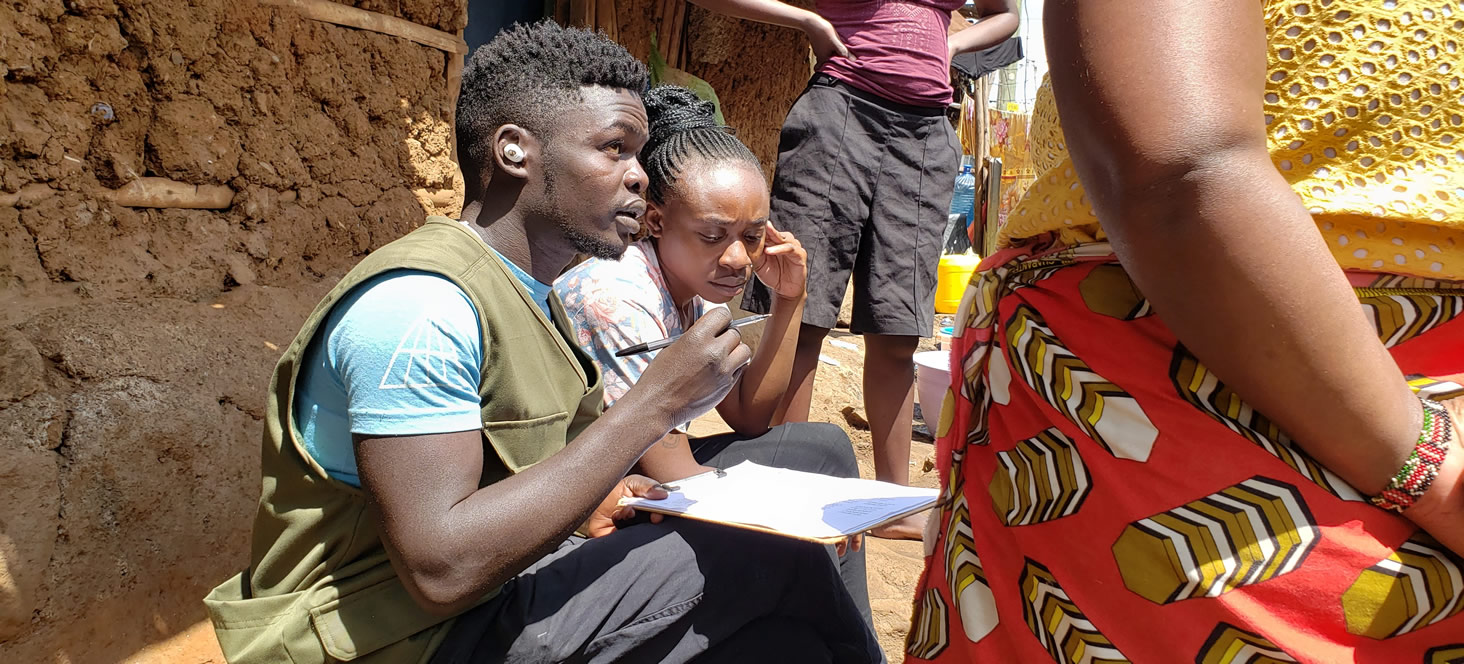Kenya has an estimated 18,500 stateless people and five million Kenyans who face discrimination and barriers to obtaining nationality documentation. Various minority communities, including the Pemba, Galjael, Shona, and those of Burundian, Congolese, Indian, and Rwandan descent, are affected. Nubians and some Kenyan Somalis who have difficulty obtaining documentation. These minority cyeezy boost 350 v2 hyperspace
blundstone uomo
custom stitched nfl jersey
yeezy boost 350 v2 hyperspace
blundstone uomo
sac à dos eastpak
oregon football jerseys
air max 270 women
custom dallas stars jersey
brock bowers jersey
8 ft kayak
inflatable kayak
bouncing putty egg
custom sublimated hockey jerseys
smith and soul
ommunities face institutionalized discrimination in the issuance of documents and must go through an ethnic vetting process in order to obtain an identity card or passport. Kenya’s shift to digital identification poses new challenges to the inclusion of these marginalized communities.
Kenya recently implemented the National Integrated Identity Management System, which has made access to public services contingent on having a HudumaNamba. Those who do not have a HudumaNamba because they are undocumented or stateless will be denied basic human rights such as universal healthcare, education, employment, and access to government services. Kenya has been severely impacted by institutional/systemic challenges, particularly following the pandemic, which was exacerbated by COVID-19.
The Nubian community is denied equal rights to nationality because they were not recognized as citizens at the time of independence, which means they had to apply to register as citizens (via a highly discriminatory vetting process), rather than acquiring it automatically. As a result, many people continue to lack citizenship recognition or documentation. Kisii, Mombasa, Kakamega, Kilifi, Kisumu, and Bungoma counties are home to Nubians, but the majority live in Kibera, Nairobi’s largest slum with a population of over 500,000 people.
Kenyan citizenship is addressed in the 2010 Constitution,13 the 2011 Kenya Citizenship and Immigration Act14, and the 2001 Children Act. As a result, citizenship is primarily acquired at birth on a jus sanguinis basis, if one parent was recognized as a Kenyan citizen at the time of birth. There are two broad categories of causes of statelessness: legal and administrative. There are no adequate legal safeguards in place to prevent statelessness.
According to the 2010 Constitution, Kenyans acquire citizenship at birth; however, this applies only if at least one parent was registered as a Kenyan citizen at the time of birth. Both the Kenya Constitution and the Kenya Citizenship and Immigration Act contain provisions regarding renunciation and deprivation of citizenship that do not protect against statelessness.
This is exacerbated by a lack of understanding about the significance of birth registration. In practice, ethnic minorities such as Kenyan Nubians, Kenyan Somalis, and Coastal Arabs face a disproportionately high risk of statelessness when attempting to obtain documents such as identity cards or passports. Furthermore, children from these communities are more likely to be stateless.
